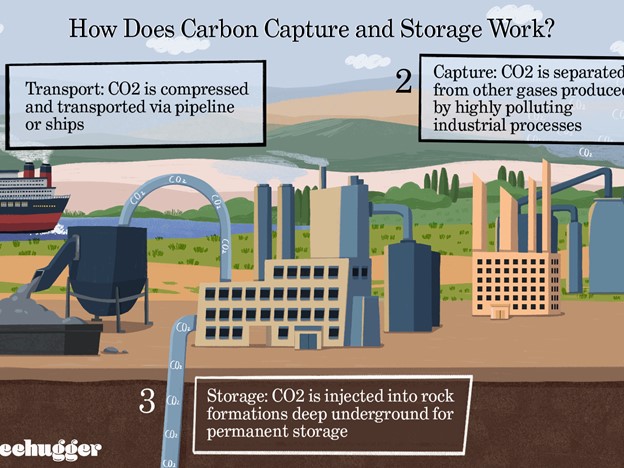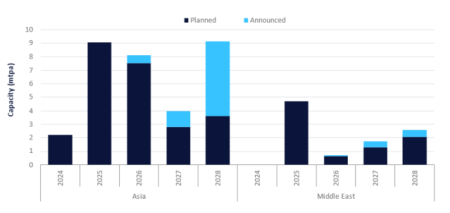
Lagos — ExxonMobil’s latest milestone in carbon capture and storage, CCS, comes from the UK North Sea, where it was announced winner in the UK’s first-ever carbon storage licensing round.
ExxonMobil’s Low Carbon Solutions business was awarded four licenses to test for potential locations to store captured CO2 emissions deep underneath the UK North Sea. We’ll partner with Shell on three of the licenses, and Neptune Energy on the fourth. The licenses were awarded by the UK regulator the North Sea Transition Authority, NSTA.
According to the NSTA, the areas included in the licensing round cover about 12,000 square kilometers (4,630 square miles) and could store up to 30 million metric tons of CO2 per year by 2030 – equal to about 10% of the UK’s emissions in 2021. The potential storage areas are a mix of depleted oil and gas reservoirs and saline aquifers.
ExxonMobil is already a global leader in CCS and is scaling up the technology to help accelerate society’s path to net zero. At the U.S. Gulf Coast, the total CO2 we’ve agreed to store for third-party customers has reached 5 million metric tons per year – roughly equivalent to replacing about 2 million gasoline-powered cars with electric vehicles.
ExxonMobil’s UK Low Carbon Solutions business lead Michael Foley said: “These awards will allow us to leverage our unique CCS, subsurface, and project management expertise to help the UK achieve its net-zero ambitions.
The licenses are off the east coast of England, in waters where ExxonMobil has developed oil and gas resources for decades. If assessments prove successful, ExxonMobil will apply to the UK government for permission to develop carbon storage projects, which would support the UK’s ambition to store more than 50 million metric tons of carbon annually by 2050.
CCS is one of the few proven solutions that can significantly reduce CO2 emissions from industrial sectors including the energy industry.
As Stuart Payne, chief executive of the NSTA, said in announcing the awards: “Carbon storage will play a crucial role in the energy transition, storing carbon dioxide deep under the seabed and playing a key role in hydrogen production and energy hubs.”
ExxonMobil is investing $17 billion in lower emission initiatives from 2022 to 2027, including its efforts to scale up CCS to help reduce emissions for third parties and for our operations.



